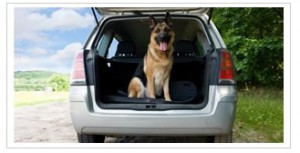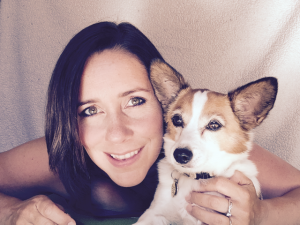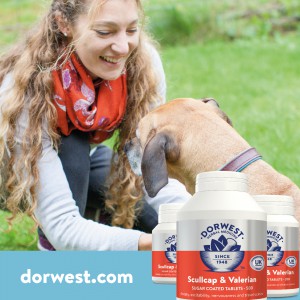Rescue dogs - A forever dog for a forever home
I love the description for a rehomed dog, of looking for their ‘forever home’. Of course, all dogs should be ‘forever’, but sometimes situations in life change and leave the dog without owners that can care for him or her.
Fortunately as caring animal lovers, we can offer such dogs a place to live, rest, play and socialise. What might be the best way to introduce your rescue dog into their forever family?
Firstly, do check that the dog you are getting will fit into your lives. We all have to adjust, but dogs, just like people, have differing needs and personalities. You might want a lap dog rather than an energetic hound. Or, you might think you can provide for a busy, intelligent dog, but could realise too late that you aren’t able to keep going out to work whilst he is cooped up at home. Ask your rescue centre to help you choose a suitable dog, and be honest. If they say they don’t think a dog is suitable for you, listen to them. They are the experts, after all.
Next, plan out the first few days. A new place will take a bit of getting used to, so don’t be surprised if the new arrival is a little withdrawn, or conversely bounds around with great vigour. These are all signs of a dog that is finding their feet. Try not to be continuously available if you are planning to go out and leave the dog. Instead, practice short bursts of leaving him settled with a chew toy so that he doesn’t mind you coming and going.
After this, stick to the routine that fits you all the best. Dogs find routine quite calming as long as they can predict enjoyment. Feeding times, exercise times, play times and of course, training times whilst having fun, are all essentials to plan into your day. Avoid sudden changes that might unsettle your dog.
Find a training class with a registered ABTC instructor who can help you guide your dog into the etiquette of good behaviour and calm interactions with dogs and people. Your rescue dog may not have been lucky enough to get this kind of help before now. Choose a trainer that only uses positive reinforcement-based methods. This is a sign that they have your dog’s welfare in mind.
Your family will be very excited to have a new member, but ask them to respectfully learn how to live together. Most dogs do not enjoy hugging or loud, fast movements for example, or may have had bad experiences in the past. Teach children of all ages that dogs have their own space at home and to stay calm around them. Ask your trainer for specific games to help the family work with your new dog to keep everyone safe and happy.
Karen Wild, CCAB
If you want to discuss which of Dorwest Herbs products would be most appropriate for your dogs needs please ring our advisors on 01308-897272 or email us on advice@dorwest.com to discuss your dog. We are always pleased to help and love to have a chat about your dog.
© All rights reserved. Dorwest Herbs 2017










